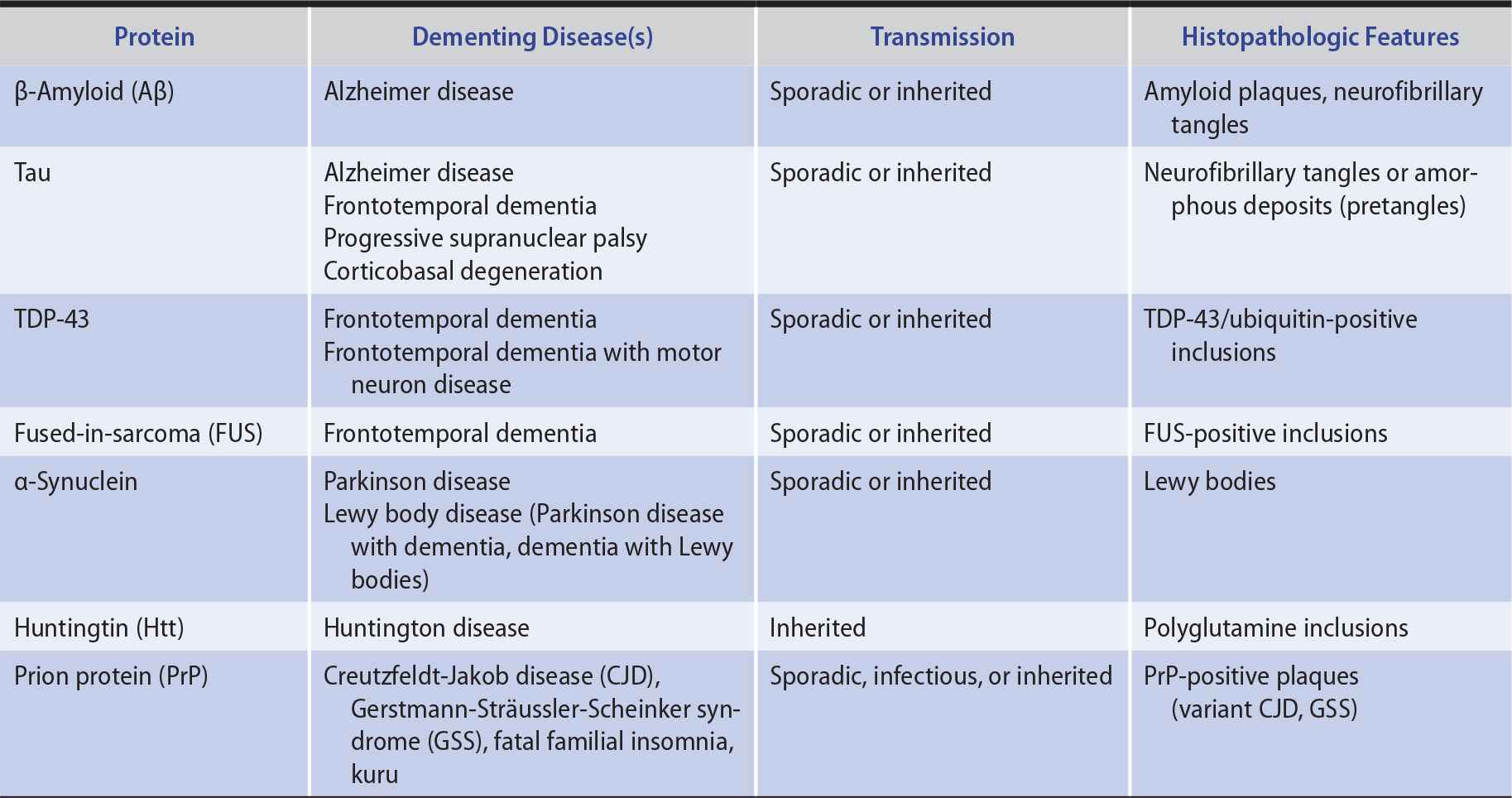

Kwentus JA, Hart R, Lingon N, Taylor J, Silverman JJ.

Verbal memory deficits associated with major affective disorders: a comparison of unipolar and bipolar patients. Wolfe J, Granholm E, Butters N, Saunders E, Janowsky D.Psychomotor slowing and subcortical-type dysfunction in depression. Senescent forgetfulness: benign and malignant. The memory deficits in Alzheimer-type dementia: a review. Links to PubMed are also available for Selected References. Get a printable copy (PDF file) of the complete article (2.0M), or click on a page image below to browse page by page.

#AMNESTIC DISORDER VS DEMENTIA FULL#
Full textįull text is available as a scanned copy of the original print version. Critical limbic regions have been discovered that mediate memory consolidation, and neuronal mechanisms such as long-term potentiation are being implicated in the unique capacity of these areas to permit new learning to take place. The neuropharmacology of memory now includes several peptides in addition to cholinergic and noradrenergic pathways. New classifications have emerged to explain the evidence for multiple memory subsystems. Recent studies suggest that immediate, recent, and remote memory functions have different neuroanatomic substrates, as do the processes of registration, retention, and retrieval. These conditions disrupt memory in characteristic ways. Commonly used over-the-counter and prescription medications can likewise cause amnesia. Systemic illnesses can impair memory by injuring vulnerable limbic regions sensitive to hypoxia or hypoglycemia. Normal aging, depression, and anxiety are commonly associated with memory difficulties, as are many neurologic conditions. The main utilities of MCI as a nosology are to understand the natural history of neurodegenerative disorders such as AD, to identify those at increased risk of progressing to develop dementia, and to identifying individuals for putative treatments.Īlzheimer's disease cognition dementia neurocognitive disorders neuropsychology.A wide variety of conditions seen in medical practice can produce memory impairment (amnesia). Once a diagnosis of MCI has been made, the patient and the family should be counseled about social and legal implications as well as strategies for reducing the risk of progression to dementia. The 4 subtypes are defined according to whether or not memory is impaired and whether 1 or more cognitive domains are impaired. Once established, the diagnosis of MCI may be refined to 1 of 4 subtypes based on the pattern of cognitive impairment. There are also differences in the description of functional abilities. The precise thresholds for classifying objective cognitive impairment also vary between various diagnostic criteria. There are also differences with respect to whether the subjective decline is noted by the patient, a carer, or a clinician. Criteria for subjective decline vary according to whether memory is impaired or whether impairment in any cognitive domain is sufficient. These diagnostic criteria have subtle but important differences. Various consensus groups have proposed criteria for MCI in Alzheimer's disease (AD), Parkinson's disease, dementia with Lewy bodies, and vascular cognitive impairment. The diagnosis may be established via clinical interview, collateral history from an informant, and psychometric examination. Mild cognitive impairment (MCI) is a clinical diagnosis based on subjective cognitive decline, objective cognitive impairment, and relative preservation of activities of daily living.


 0 kommentar(er)
0 kommentar(er)
